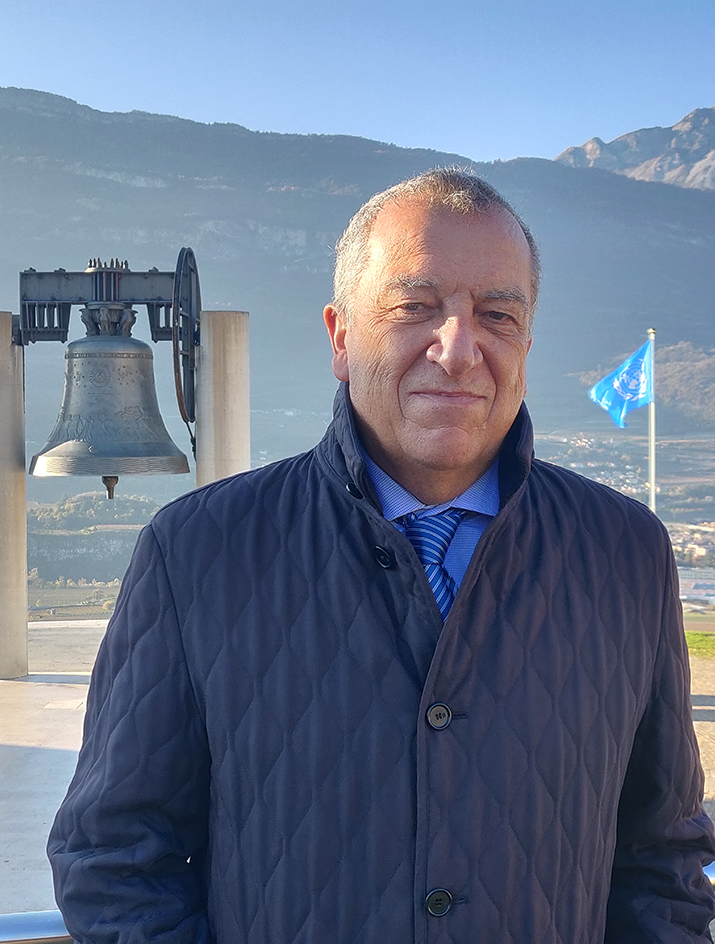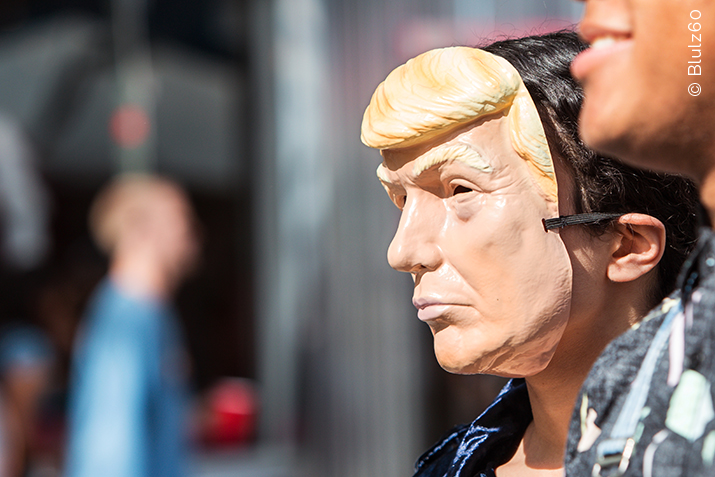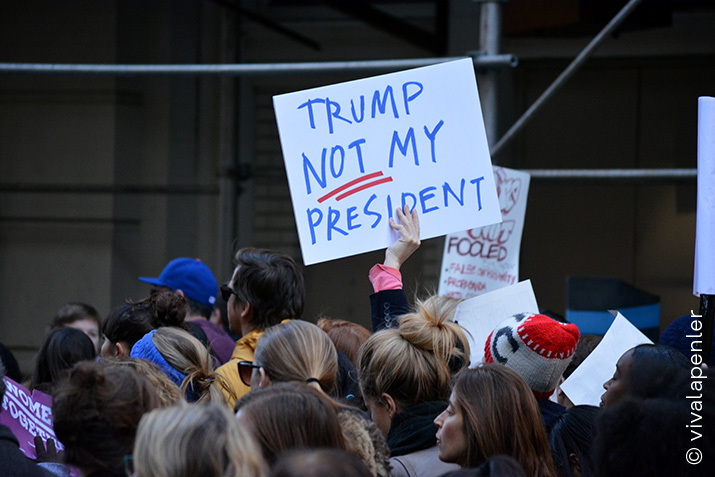In the course of his (victorious) election campaign, Donald Trump had clearly spelled out to anyone interested in listening to him the goals that he would prioritise once he was back in the White House.
To limit ourselves to some of the most important ones, these were on the domestic front the fight against illegal immigration, a phenomenon that in his (but not only his) way of seeing things has reached levels of absolute ungovernability, and the introduction of trade tariffs on a large number of foreign goods and products, so as to give US industry some breathing space and at the same time reduce (or even eliminate) the country's trade deficit.
Turning to foreign policy, the tycoon had emphatically stressed his desire to bring a swift end to the two major conflicts that had tragically broken out during his predecessor’s term of office. In his view, the previous leader was utterly ill-equipped to handle the mediation required. By contrast, he believes such abilities are second nature to him, as he unapologetically states with confidence.
The truth, at just more than a month after taking office, is that the new president's activism on this front has already been evident, but with results that seem, at best, highly questionable.
In a nutshell, in fact, on the Middle East front, the proposal to relocate the inhabitants of Gaza to a few countries in the neighbouring area has met with almost generalised opposition from those directly concerned, i.e. the residents of the Strip and of the Arab capitals potentially involved, with the only obvious exception being Israel.
On the Russian-Ukrainian front, his deliberate desire to initiate a direct channel of communication with Putin, bypassing Ukrainian interlocutors, which began with a White House-Kremlin telephone link that anticipated more 'personalised' follow-ups, predictably clashed with President Zelensky's unequivocal njet. And, in addition, also with that of the European allies, unwilling to acknowledge the 'new Tsar' as a credible, reliable player and, consequently, extremely wary of any openness to compromise on his part. Gathered in Brussels at the very moment when the two big leaders were having their long conversation, discussing border recognition and future geopolitical arrangements in the East-European area, the 27 European states were reiterating their firm demand for a 'just, global and lasting' Peace. Against this backdrop, and although it seems premature to speak of a 'transatlantic twilight', recomposing the ever more evident divergence of European and American positions on security dossiers, in the broadest sense (first and foremost the possibility of Kiev's future entry into NATO) appears to be a major undertaking, as confirmed by the possible exclusion of the European Union from the US-Russian negotiating session scheduled to take place in Saudi Arabia.
That said, to the aforementioned 'declared objectives' on which we have dwelt so far, already in his first days in the Oval Office President Trump had added others, unknown to all but, perhaps, the members of his close entourage.
Generally framed in the category of 'territorial expansion', they translate into the 47th president's intention to incorporate Canada, the Panama Canal and the Danish island of Greenland into the US federation, in a timeframe and in a way that have yet to be verified.
In the first case, Canada’s resigning Prime Minister Trudeau, after having at first spoken of a mere 'provocation', changed his mind, going so far as to describe Trump's strident stance in front of an audience of local businessmen as 'not at all a joke but, on the contrary, a serious risk'. His country is, moreover, particularly exposed to the new sanctions regime, both because of its territorial contiguity with the United States and the very high percentage (75%) of its exports that are absorbed by the US market.
Turning to the Panama Canal, President Mulino (recently received by Mattarella at the Quirinale during a state visit) was indeed firm in reaffirming his country's 'total sovereignty' over the Canal, consequently ruling out the granting of favourable tariffs to the numerous ships flying the Stars and Stripes flag that pass through it. At the same time, the Panamanian decision to prematurely terminate the Belt and Road Initiative agreement signed some time ago with China was certainly not voluntary but induced by the not disinterested advice of the new Secretary of State Rubio, on a mission to the Central American country. The way the White House sees things, this arrangement had the demerit of placing the Canal in the category of 'critical logistical routes', i.e. detrimental to Washington's interests, on a par with those that exist in the seas of South Asia.
The third and final case, that of Greenland, is worth dedicating a few more lines to, since it is, according to some observers, the one most likely to result in the creation of the 51st state of the Federation within an unspecified timeframe. This is especially the case if Greenlandic voters, who are also called to vote on the independence referendum in April this year, should vote to secede from Copenhagen. According to pollsters, there would be little doubt about this, as 9 out of 10 inhabitants would be in favour. At that point, the conditio sine qua non (the fact that the island belongs to a friendly country and NATO ally such as Denmark would make a change in the status quo implausible even for an unscrupulous Trump) would no longer be valid, and the authorities of the newly formed state would of course be free to decide its own fate. On the other hand, it is undeniable that the Arctic Island is of great geo-strategic (transport routes) and economic interest (rich subsoils, primarily due to their rarity) not only for the United States and NATO, but also for Russia and China, which have increased their military presence (patrolling coastal areas) in the area in recent years with this in mind. In relation to an island that nevertheless appears to be undergoing a strong geo-political transformation, a widely shared opinion comes from respected analyst Paul Hockenos, who notes that "Greenland is an ideal project for the trans-Atlantic allies to pursue together, in consultation with native Greenlanders. The biggest obstacle to this process may be Trump's public bullying'.
In conclusion, unless one considers the international system inherited from the Second World War to be completely obsolete, it seems highly unlikely that the United States would choose to seize one or all three territories through military force. Nevertheless, the prospect of a member of the international community being "acquired" by another state with greater resources remains deeply troubling. Resorting to a procedure, in fact, not too dissimilar from the one in which two football teams compete for the services of a talented striker or two multinational companies vie for the skills of a qualified manager.
Our hope, as you will have understood, is that here we are seeing the application, in a superficial and careless manner, of mere rhetorical exercises, that can therefore be relegated to the realm of wishful thinking.
Reggente Marco Marsilli, Foundation President










